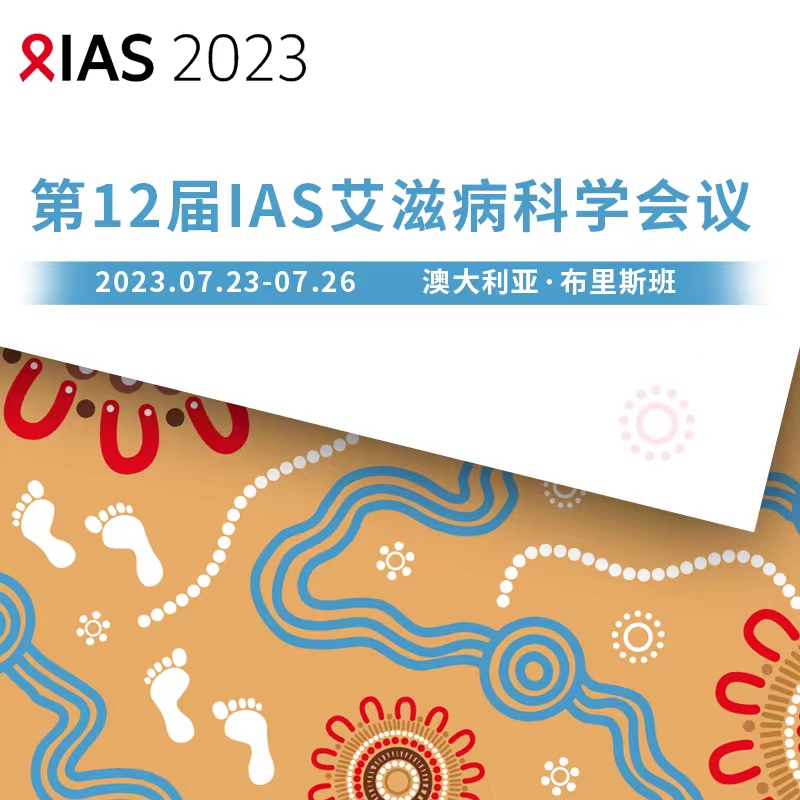Dr. Weiming Tang: Exploring Crowdsourced Partner Notification Services for High-Risk HIV Populations
In China, the transmission of HIV (Human Immunodeficiency Virus) primarily occurs through sexual transmission. [1] Partner notification services help those who are HIV-positive inform their sexual partners of their infection status and guide these partners to undergo HIV testing. [2] Thus, it is crucial for identifying newly infected individuals and preventing further HIV transmission. [3] Currently, the partner notification rate among key populations in China (e.g., men who have sex with men) is low. [4] To increase the acceptance of partner notification services (HIV PS) among men who have sex with men living with HIV (MLWH), the Dermatology Hospital of Southern Medical University collaborated with the China Program Office of the University of North Carolina to establish the Saith Project. This initiative aims to develop a crowdsourced intervention scheme through a series of crowdsourcing competitions in partnership with community organizations.










